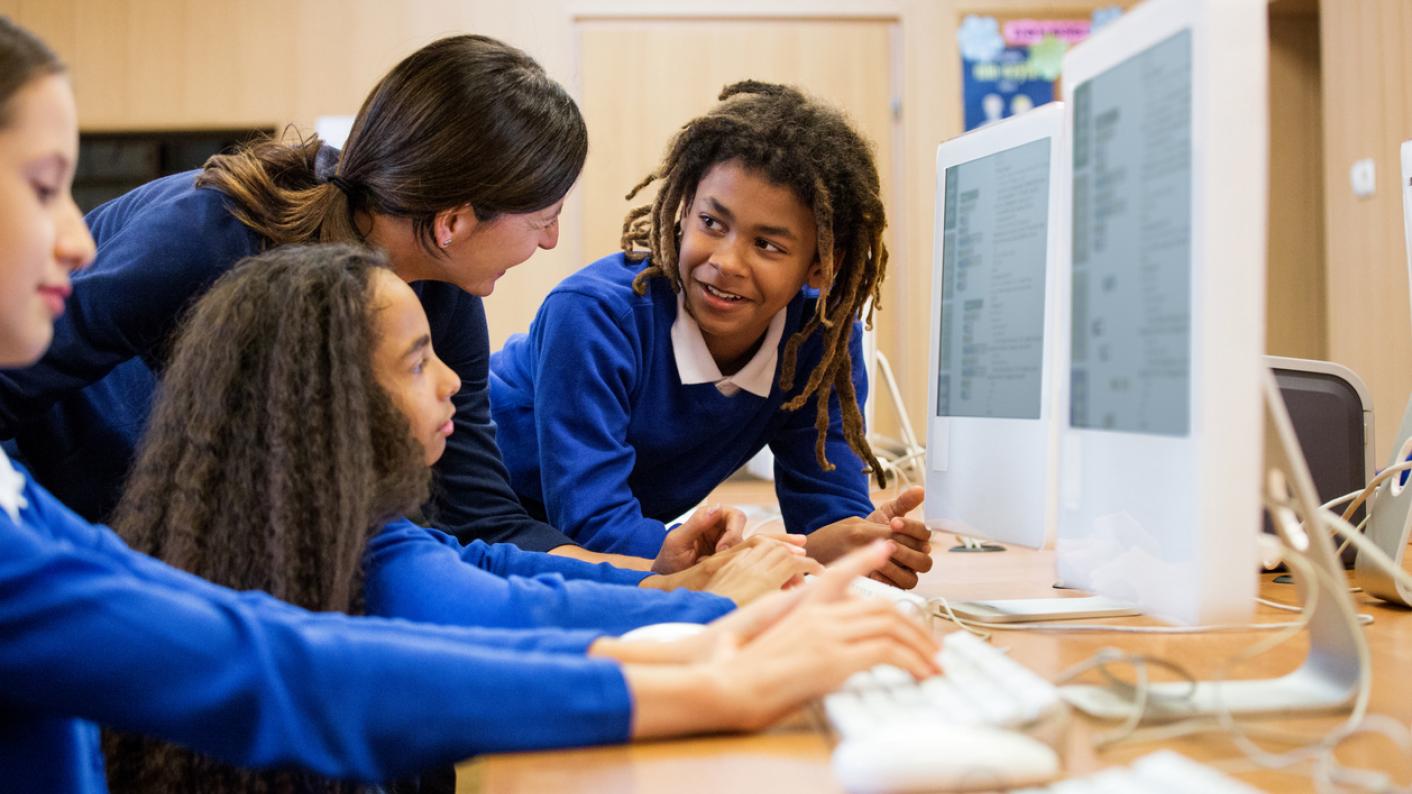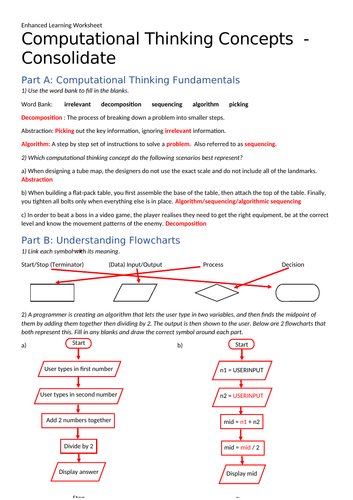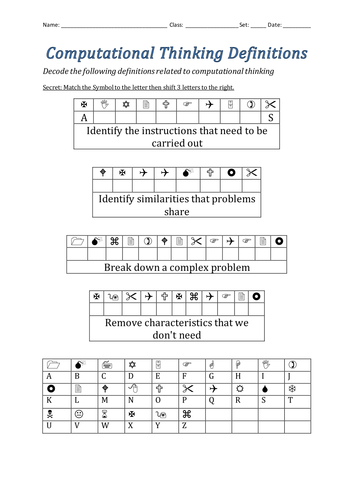Computational thinking and programming lessons and activities for KS3 and KS4 computing students
Computational thinking is a problem solving approach that involves breaking down large complex problems into smaller and often more manageable segments that can then be used to develop solutions. There are four key pillars to computational thinking, decomposition, pattern recognition, abstraction and algorithms.
Computational thinking is a vital skill for today's learners to practise and perfect, both within computing lessons and in general. An important application of computational thinking is in computer programming - we have selected a range of resources below to help you tackle these important areas in your computing lessons.
Looking for even more hand-picked computing resources? Explore our computing highlights or take a look at our GCSE computer science revision collection.










